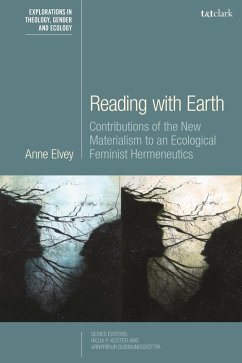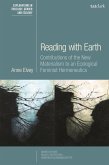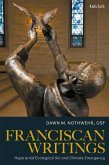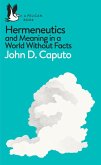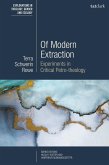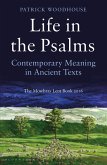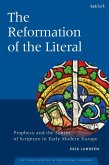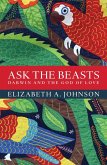Winner of the 2023 ANZATS Award for the Best Monograph by an Established Scholar
Applying a re-envisioned, ecological, feminist hermeneutics, this book builds on two important responses to twentieth- and twenty-first-century situations of ecological trauma, especially the complex contexts of climate change and cross-species relations: first, ecological feminism; second, ecological hermeneutics in the Earth Bible tradition.
By way of readings of selected biblical texts, this book suggests that an ecological feminist aesthetic, bringing present situation and biblical text into conversation through engagement with activism and literature, principally poetry, is helpful in decolonizing ethics. Such an approach is both informed by and speaks back to the new materialism in ecological criticism.
Applying a re-envisioned, ecological, feminist hermeneutics, this book builds on two important responses to twentieth- and twenty-first-century situations of ecological trauma, especially the complex contexts of climate change and cross-species relations: first, ecological feminism; second, ecological hermeneutics in the Earth Bible tradition.
By way of readings of selected biblical texts, this book suggests that an ecological feminist aesthetic, bringing present situation and biblical text into conversation through engagement with activism and literature, principally poetry, is helpful in decolonizing ethics. Such an approach is both informed by and speaks back to the new materialism in ecological criticism.

